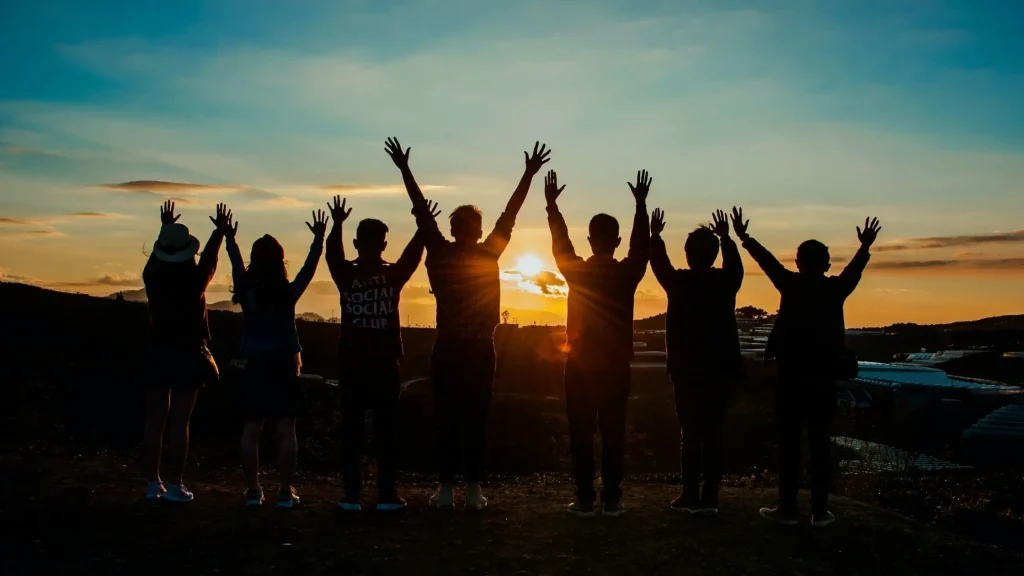The annual report was presented by programme director Ivan Novosel, who said the state of human rights should be viewed in the context of the 2020 earthquakes in Zagreb and Banija as well as the epidemic.
“Reconstruction was slowed down, de facto there wasn’t any. That had a very negative impact on the exercise of citizens’ socio-economic rights – the respect for the right to adequate living standards and a home,” he said.
Last year again, COVID protocols had a negative impact on access to health and public services as well as social life due to restrictions of the human rights to assemble and move, he added.
Human rights have stagnated or eroded in many other areas also, and Croatian institutions remain unprepared, without ideas or coordination in coming up with clear and quality human rights protection policies, Novosel said.
Despite the establishment of the government’s human rights council, human rights were not high on the government’s list of priorities again last year, and 2021 ended without valid public policies protecting and promoting human rights and the fight against discrimination as well as without policies on gender equality and civil society development, he added.
Judicial independence perception among lowest in EU
Besides the low trust in institutions, there remain serious problems relating to the efficiency and quality of the justice system.
The perception of its independence remains among the lowest in the EU, and although the perception of corruption in public bodies remains high, the government is reducing the powers of the Conflict of Interest Commission.
Deputy human rights ombudsman Tatjana Vlašić said most of citizens’ complaints last year were about discrimination, the exercise of the right to health and the right to work, and about the work of the judiciary.
For more, check out our lifestyle section.











